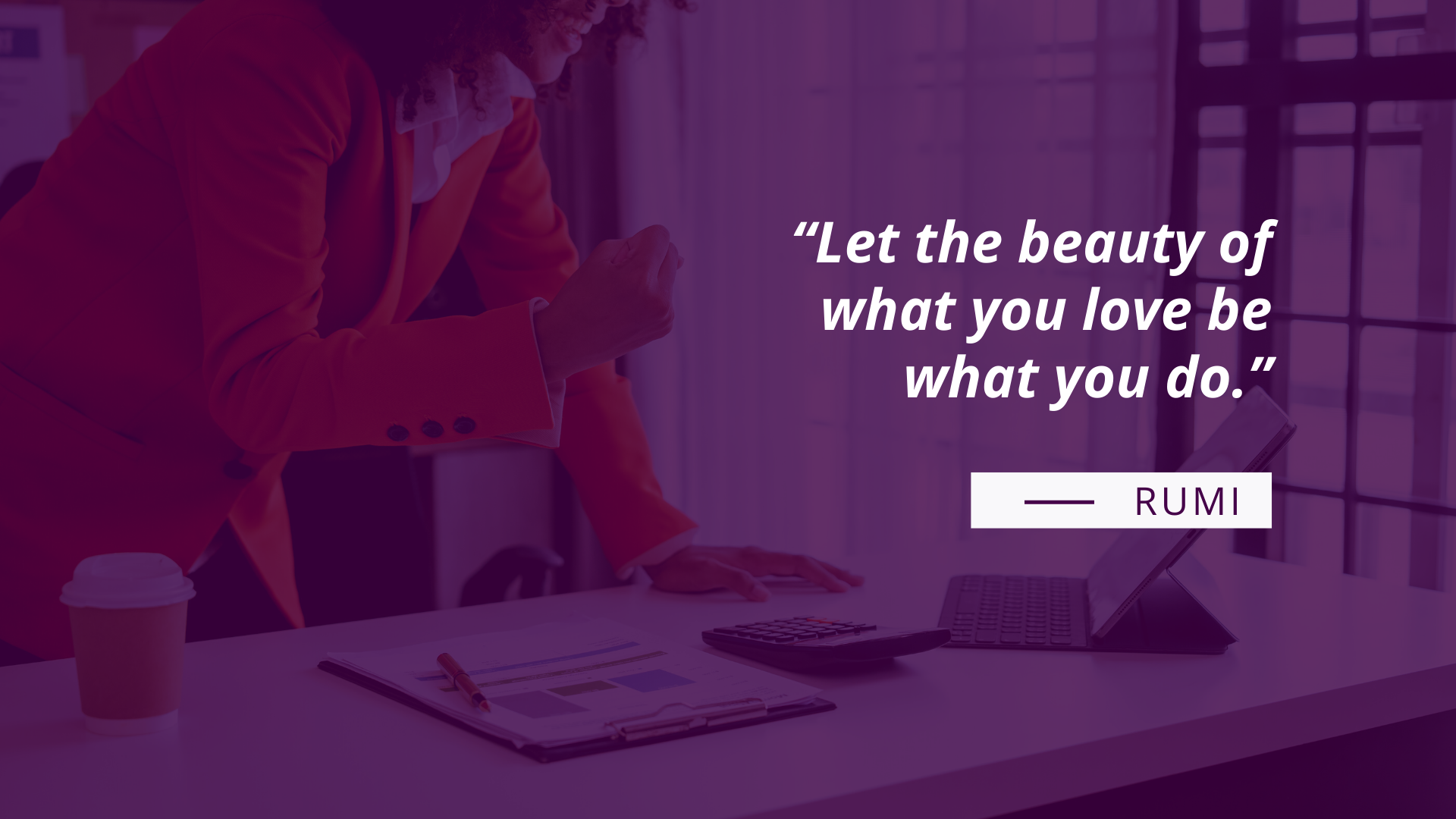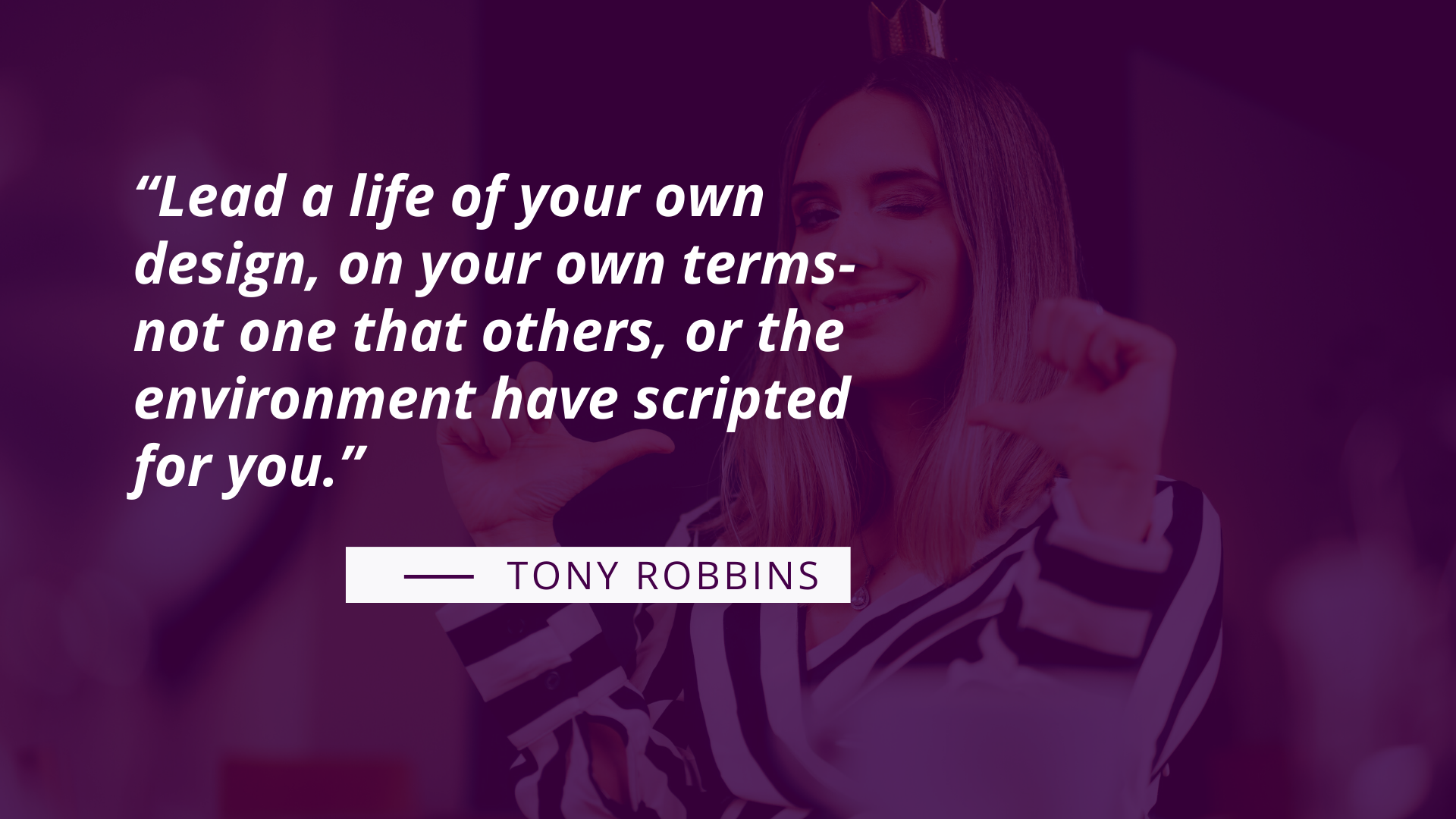
What Labor Day doesn't tell you about modern work…
The alarm clock screams at 6 AM. Coffee. Commute. Cubicle (or some trade-specific location). Repeat for forty years, then retire—if you're lucky.
This is the American work story Labor Day was built to honor: collective bargaining, union solidarity, and the shared struggle of industrial workers fighting for better conditions. But as I sit on my couch with my laptop open this Labor Day, developing and repurposing content, it’s clear how that narrative has completely shifted.
The statistics tell a story that would likely shock the 1882 labor organizers who first marched for workers' rights. According to the Bureau of Labor Statistics, union membership has plummeted from 20.1% in 1983 to just 9.9% today—a record low. Meanwhile, according to the U.S. Department of Treasury, 430,000 new business applications are filed monthly, which is a 50% increase from 2019 and the highest entrepreneurship rates in American history.
What we’re witnessing is the death of collective work and the birth of something entirely different: a workforce that increasingly chooses individual risk-taking over institutional security.

The Great Entrepreneurial Awakening
I've lived this transition firsthand. My first career as a professional dancer/choreographer was essentially a freelance existence—"gigging project to project," as I described it on the Profits and Pajamas podcast. I mega hustled, working multiple contracts across the US and abroad, embodying that entrepreneurial spirit long before I recognized it as such. When I transitioned to corporate life, I discovered what it felt like to have a type of stability that I didn't have to hustle for in the same ways.
But it’s interesting that stability and “security” of traditional employment doesn’t fully satisfy professionals the same way it once did.
According to The Happiness Index, only 50% of U.S. workers report being extremely or very satisfied with their jobs, with particularly low satisfaction in pay (30%), promotion opportunities (26%), and skill development (37%). Self-employed professionals, on the other hand, report 60% high job satisfaction compared to just 49% of traditionally employed workers, as found by Pew Research Center.
And I’ve heard similar sentiments from clients and professionals in my network.
Building From the Inside Out
“The old model of work taught us to pick careers by looking outside of ourselves: what seems impressive, what does good for the world, what makes a lot of money," as I explained in that podcast conversation. We sat in career day, saw the standard lineup—doctor, lawyer, police officer, firefighter, astronaut—and were told to pick one. "We were taught to pick a career by looking outside of ourselves," and for so many of us, "we’d get into said career that sounds so good on the outside and hate it because it doesn’t resonate with who we are as a person on the inside."
The solution to career dissatisfaction I've discovered, and what the data supports, is flipping that entire approach. Start with your strengths (those skill sets that are second nature to you), then consider the things you care about and how you can use your skills in service of those things.
And more and more, this inside-out approach to career building is becoming commonplace.

The Remote Revolution's Lasting Impact
Then, there was the COVID pandemic, which also permanently transformed the way we work. According to the Bureau of Labor Statistics, 35.5 million Americans teleworked in Q1 of 2024 alone—nearly four times higher than the 6.5% who worked primarily from home in 2019.
And now it seems that hybrid work has emerged as the preferred model, with 24% of new job postings offering hybrid arrangements according to data published by Robert Half. This shift has democratized opportunity in ways that would have been unimaginable during Labor Day's founding era. Professionals can now build careers from anywhere and create businesses that serve global markets while maintaining local roots.
Redefining Success and Security
And speaking of hybrid, some professionals are choosing neither 100% traditional employment nor full-time entrepreneurship. Instead, they’re keeping their w-2 salaries and picking up side hustles while they’re at it.
According to Upwork Inc., 36% of the U.S. workforce now engages in freelance work, and CNBC shared that 27% of working Americans maintained side hustles in 2025 using them as testing grounds for entrepreneurial ventures, and often, expressions of creativity and passion that primary jobs don't provide.
This transformation is redefining our relationship with risk and security itself. In my own journey, leaving corporate life to launch my creative agency required me to embrace this same shift.
The key insight I've learned through this process? "There is no one way. There are an infinite number of ways to build your ‘Profits and Pajamas’ lifestyle," I shared on the show. I spent thousands and thousands of dollars looking for somebody to show me the way only to realize that the way that works is the one that resonates with who I am as an individual.

The Future of Work is Personal
As we observe Labor Day this year, we're celebrating something entirely different from what the holiday's founders envisioned. Instead of collective solidarity, we're witnessing the rise of individual empowerment—in ways that are still beneficial to our collective good. Instead of fighting for institutional protection, we're creating our own security through diversified income streams, location independence, and work that aligns with personal values.
This doesn't mean the traditional employment model is obsolete for everyone. But it does mean that model is now just one option among many, not the default path it once was. The rise of entrepreneurship, remote work, and alternative arrangements has created space for professionals to build careers that truly fit their lives, not the other way around.
Because modern work isn't just about making money or climbing ladders. It's about creating sustainable ways to contribute meaningfully while maintaining the flexibility to live fully. It's about understanding that security comes from developing diverse skills, multiple revenue streams, and the confidence to navigate an increasingly fluid professional landscape.
This Labor Day, let’s celebrate the birth of something more personal, more flexible, and ultimately more human: work that honors who we are, not just what we do.
-
While others stay stuck in jobs that drain them, join 1000+ professionals finding purpose and building the courage to bet on themselves. Get weekly content, real life stories, and the permission you've been waiting for—delivered straight to your inbox. Your future self will thank you.



